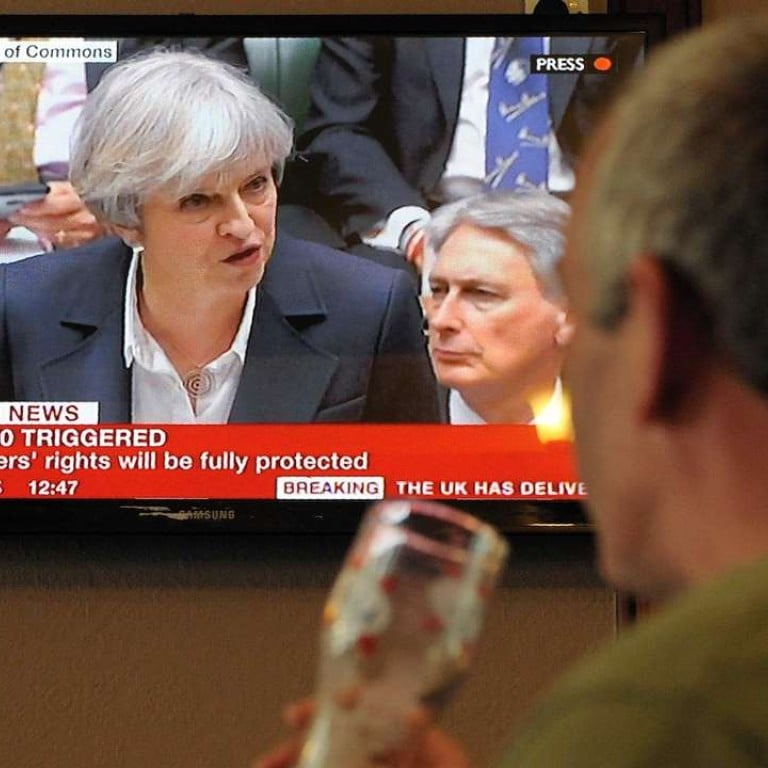
Mutual understanding key to smoothing Brexit talks
Both parties must avoid missteps that could poison negotiations between Britain and the EU and lead to great disruption
Ideally, both sides would be able to separate with the best possible benefits for all of their populations. China has invested so much in the union continuing, with Britain to act as a facilitator on free trade deals and the internationalisation of the yuan, and would like relations to remain amicable during negotiations and after the split. But the uncertainties sparked nine months ago when British voters opted to leave will largely remain until a final agreement has been forged. The process is scheduled to take two years, but complications mean more time may be needed and even then, there is a chance that there will be no deal.
What type of trade deal Britain secures after it leaves the EU, and the status of EU nationals in the UK and Britons living in Europe are especially difficult issues. An early sign of the potential pitfalls came when May suggested Britain’s role as a major contributor to Europe’s defences could be used as a bargaining chip in trade negotiations. In her letter to Tusk, she said failure to reach a trade deal within the time limit could “weaken” cooperation in fighting terrorism and crime. Studies meanwhile have shown that leaving the single market could lead to between 22 and 30 per cent less British goods being traded with the EU. The linking of the two issues understandably caused anger in Brussels.
The British prime minister’s misstep over security shows that while she knows what pleases her domestic audience, she lacks understanding when it comes to those she will be negotiating with. Only by both sides having a firm grasp of needs and expectations is there a chance of the marriage being dissolved with minimal upset.

